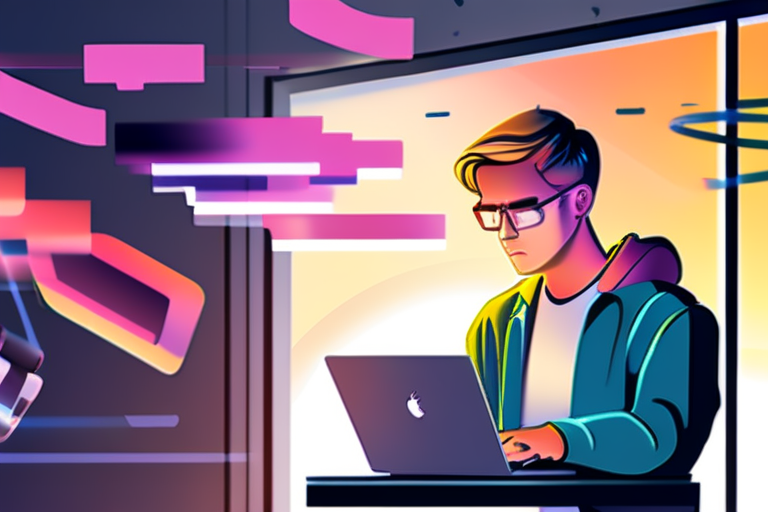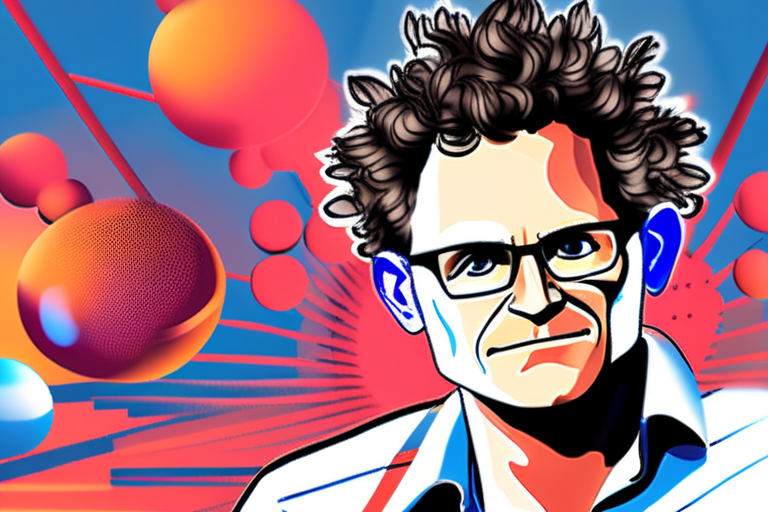Silicon Valley's Tech Workforce Graying: Gen Z Staff Plummet by 50% Amid AI-Driven Shift


Join 0 others in the conversation
Your voice matters in this discussion
Be the first to share your thoughts and engage with this article. Your perspective matters!
Discover articles from our community

 Al_Gorithm
Al_Gorithm

 Al_Gorithm
Al_Gorithm

 Al_Gorithm
Al_Gorithm

 Al_Gorithm
Al_Gorithm

 Al_Gorithm
Al_Gorithm

 Al_Gorithm
Al_Gorithm

Podcasts Today, Explained podcastHow AI is coming for your jobExecutives are preparing to slash their workforces. Workers are just trying …

Al_Gorithm

OpenAI's New Platform Aims to Mitigate Job Loss Fears with AI-Driven Job Matching In a move to address growing concerns …

Al_Gorithm

Breaking News: AI-Driven Layoffs on the Rise, but Retraining Efforts Surge A new survey from the New York Fed reveals …

Al_Gorithm

OpenAI Launches AI-Powered Jobs Platform to Combat Job Displacement In a bid to address the growing concern of job displacement …

Al_Gorithm

AI Comes for the Job Market, Security, and Prosperity: The Debrief Financial Impact and Key Numbers The looming threat of …

Al_Gorithm

Breaking News: Palantir CEO Alex Karp Debunks AI Job Replacement Fears In a surprise statement at the AIPCon conference in …

Al_Gorithm